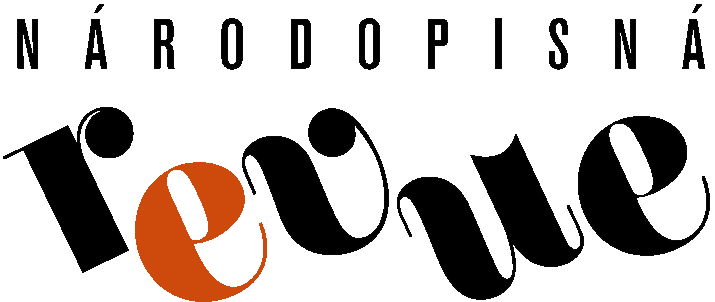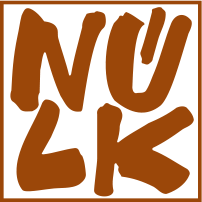Studies and Materials on the Subject of “Agriculture Transformation”
Farming as a Counterculture. Family Farms in Central Bosnia (Andrej Mentel)
Post-War Life and Collectivisation of the Moravian Countryside through the Eyes of Actors – Small Farmers (Miroslav Válka)
The Impact of Mining on the Adaptation Process of the German Minority around Nitrianske Pravno with an Emphasis on Agriculture (Marián Žabenský)
Quo Vadis? Czech and Moravian Agriculture between 2000 and 2020 (Pavel Novák)
For all content click the button CONTENTS.
Farming as a Counterculture. Family Farms in Central Bosnia
Andrej Mentel
The study analyses the position of family farms in Central Bosnia as one of the strategies of adaptation to the economic and social decline associated with the transformation of heavy industry. The basic argument is that, in addition to the pragmatic motivation to provide a livelihood for their families, contemporary farmers are also engaged in a purposeful pursuit of an alternative to a society that these actors perceive as corrupt and fundamentally unreformable. Against the generalised distrust of the population towards institutions, they advocate the strengthening of personalised networks of trust. Food produced by family farms has, in addition to its immediate utility, an important symbolic value as ‘authentic’ or ‘real’. This value is linked to the values associated with environmental protection, but it differs from the discourse of ‘natural’ and ‘organic’ food. The restoration of family farms in Central Bosnia can be seen as a counterculture that aims to provide an alternative to the negatively perceived dominant trends in society by strengthening local communities. ‘Authentic food’ becomes the unifying materialised symbol of this counterculture.
Post-War Life and Collectivisation of the Moravian Countryside through the Eyes of Actors – Small Farmers
Miroslav Válka
In the second half of the 20th century, the Czech countryside experienced two discontinuities in its development. The first one related to the collectivisation after 1948, while the other one led to the liquidation of unified agricultural cooperatives and the formation of owners’ agricultural cooperatives and agricultural enterprises of various sizes. The collectivisation of the village fundamentally changed village life, first in the economic and productive sphere, but it also interfered with the social structure of the village and the cultural sphere. It followed a well-established pattern: intensive agitation, coercion, intimidation, liquidation of large farms, but also confiscation of modern agricultural equipment (e.g. tractors). It did not only affect medium-sized peasants, and farmers, but also small farmers, the ‘progressive’ ones among whom were often at the origin of the local unified agricultural cooperative. The study uses the example of a family from the village of Závist (District of Blansko) to document the economic background of a small farmer, his everyday life and the circumstances that influenced his joining the unified agricultural cooperative.
The Impact of Mining on the Adaptation Process of the German Minority around Nitrianske Pravno with an Emphasis on Agriculture
Marián Žabenský
The study deals with the issue of the impact of mining on the process of adaptation of the German cultural minority with an emphasis on agriculture. A multi-temporal analysis of sections of cultural and landscape layers was used to monitor these processes, which compares the state of the cultural landscape with an emphasis on selected land-use classes. Emphasis is placed on the non-urban area of Nitrianske Pravno, which was colonized by German-speaking inhabitants in the 14th century. The conclusions are aimed at defining specific factors influencing the adaptation of the agricultural landscape. These include, in particular, the shape of the land as a remnant of emphyteutic colonisation, the exploitation of the non-urban area for mining, the unsuccessful development of agriculture, the development of livestock production and crafts, and the stagnation and extinction of viticulture. Other conclusions are focused on changes in the social-organizational structure of the township and on the assessment of the adaptation process. For more relevant assessment of the issue in question, the analysis of land-use classes was also used. Its results confirm some of the conclusions presented in this paper.
Quo Vadis? Czech and Moravian Agriculture between 2000 and 2020
Pavel Novák
The study, made using statistical and historical methods, provides hard statistical data for ethnological research. The presented work proves that, despite the reduction in the sown area and livestock quantity, the agriculture of the Czech Republic is food secure due to the increase in hectare yields and productivity. New specializations of agricultural business have developed, especially landscape maintenance, production of crops for non-agricultural use, agro-tourism and organic farming. In the course of the monitored period, privatisation of state farms and restitution of property of persons affected by the communist regime were completed. Church restitution is still ongoing. The share of agriculture in the gross domestic product and employment is still declining, and agriculture is only very slowly reducing the gap with industry in labour productivity. Farmers have difficulties in selling their products in hypermarkets owned by foreign companies, and imports exceed exports in foreign trade. It is no longer worth running business in agriculture, despite the high level of subsidies, and due to low wages it is nor profitable even for employees to work in agriculture. The Czech Republic is average in European comparison. From a long-term perspective, the subsidy-based agricultural policy of the European Union and the Czech Republic is unsustainable.



